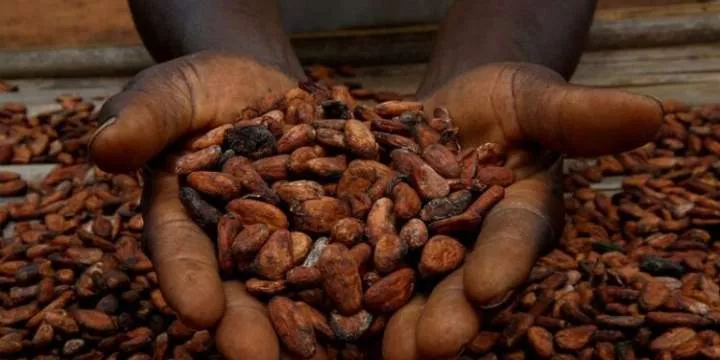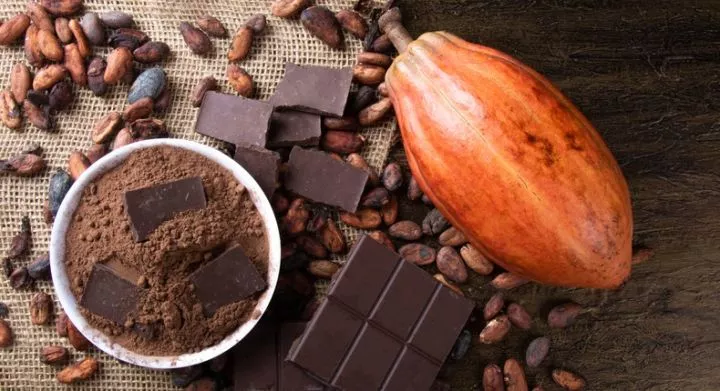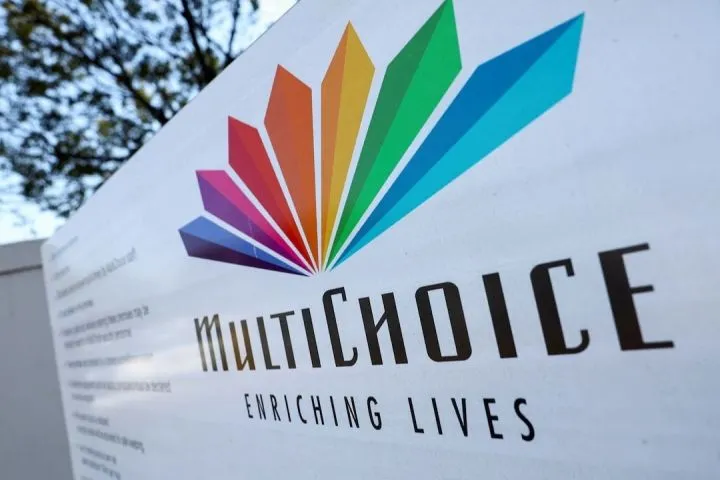
Cocoa futures recovered above the $10,150 mark on the Intercontinental Exchange (ICE) in New York as it consolidated below this week's record highs while Nigeria plans to boost its production.
Spot prices remain at record highs because growers fear running out of the right varieties of higher-quality beans. Nigeria, the fifth-largest cocoa producer in the world, is optimistic about prices despite its cocoa exports falling 18% year over year to 26,103 MT in February.
Nigerian cocoa producers are projected to realize around $3 billion from their 270,000 tons of output. As of April 2024, it was discovered that customers in Europe and America were facing a shortfall of between 650,000 and 700,000 tons.
In Nigeria, the cost of a ton of cocoa at the farm gate is now N8 million, up from N1.8 million in December 2023.
The International Cocoa Organization, in its most recent monthly report, stated that it anticipates the global cocoa supply deficit to increase to 374,000 metric tons in the 2023-24 season, a 405 percent increase from the previous season's 74,000 tons
Fundamentals affecting cocoa prices
Mealybug infestations have resulted in large production losses in regions where smallholder farmers in Côte d'Ivoire, Ghana, Nigeria and Cameroon own the majority of cocoa plantations. These farmers struggle to maintain their trees because they have limited resources, and the price of the beans has increased by 72% from $3,000 in April 2023 to $10,159 per ton in April 2024.
The Netherlands accounts for 39% of Nigeria's raw cocoa bean exports, followed by Indonesia at 15.5%, Malaysia at 14.2%, and the Netherlands at 15.5 percent.
According to ICCO findings, the world's cocoa market is valued at $200 billion yearly, with 75% of the world's cocoa supply coming from West Africa. It was mentioned that West African nations' exports of cocoa products brought in a staggering $57.3 billion to Germany, a nation that did not cultivate cocoa.
This season's crops in Ghana and Ivory Coast are disastrous due to El Niño, a pattern of above-average sea surface temperatures, which brought unusually high temperatures and intense rainfall followed by heat waves. It made crop disease and road conditions worse, which interfered with the delivery of beans to ports and resulted in the largest cocoa shortage in decades. In response to a decline in output brought on by climate change, the president of Ghana issued an order raising farmgate cocoa prices by 58%. Ghana is the second-largest producer of cocoa in the world
Other causes that are cited for the spike in cocoa prices include: increased fertilizer prices, deforestation, and illicit mining operations that result in land degradation.
















Comments